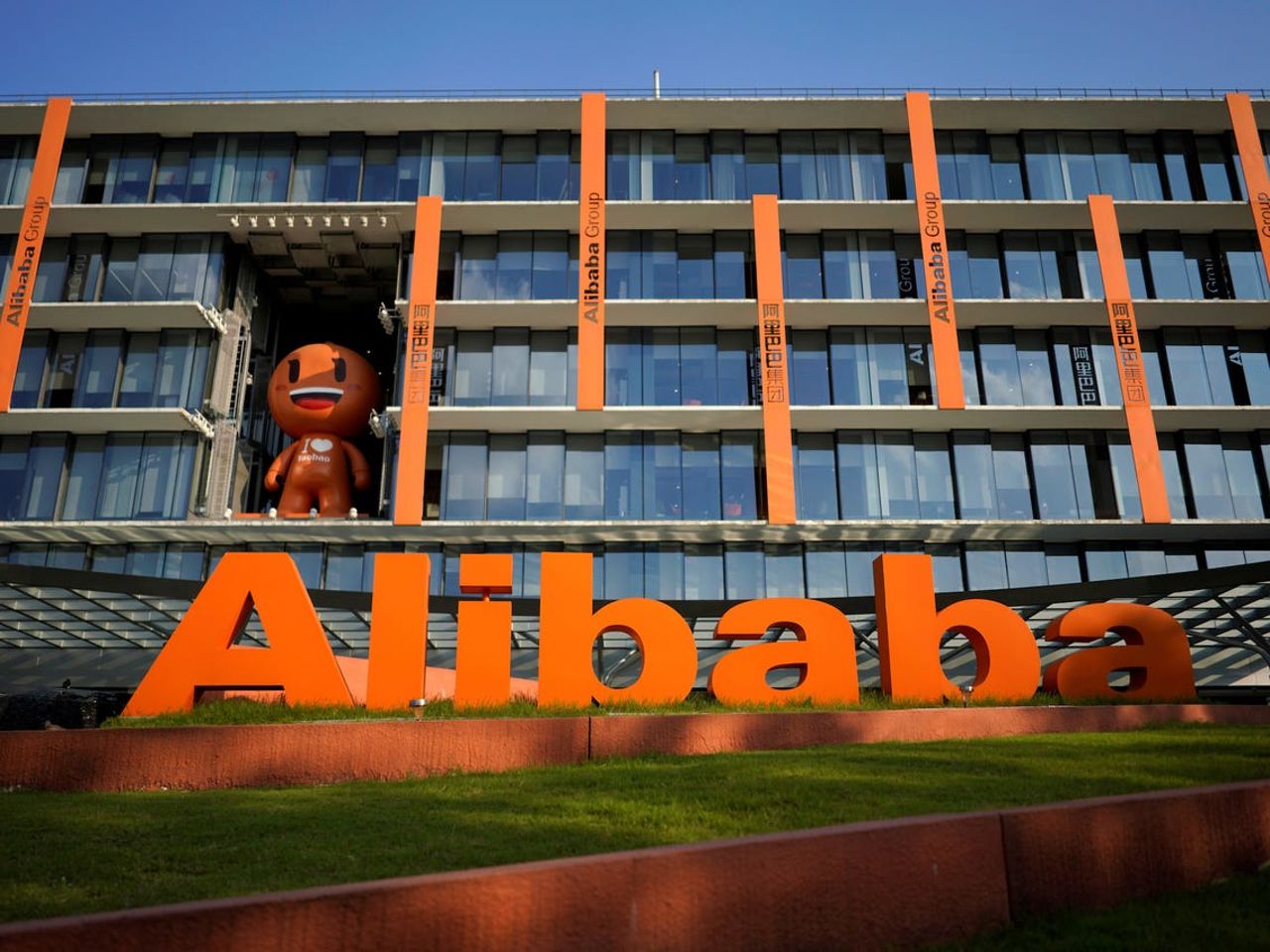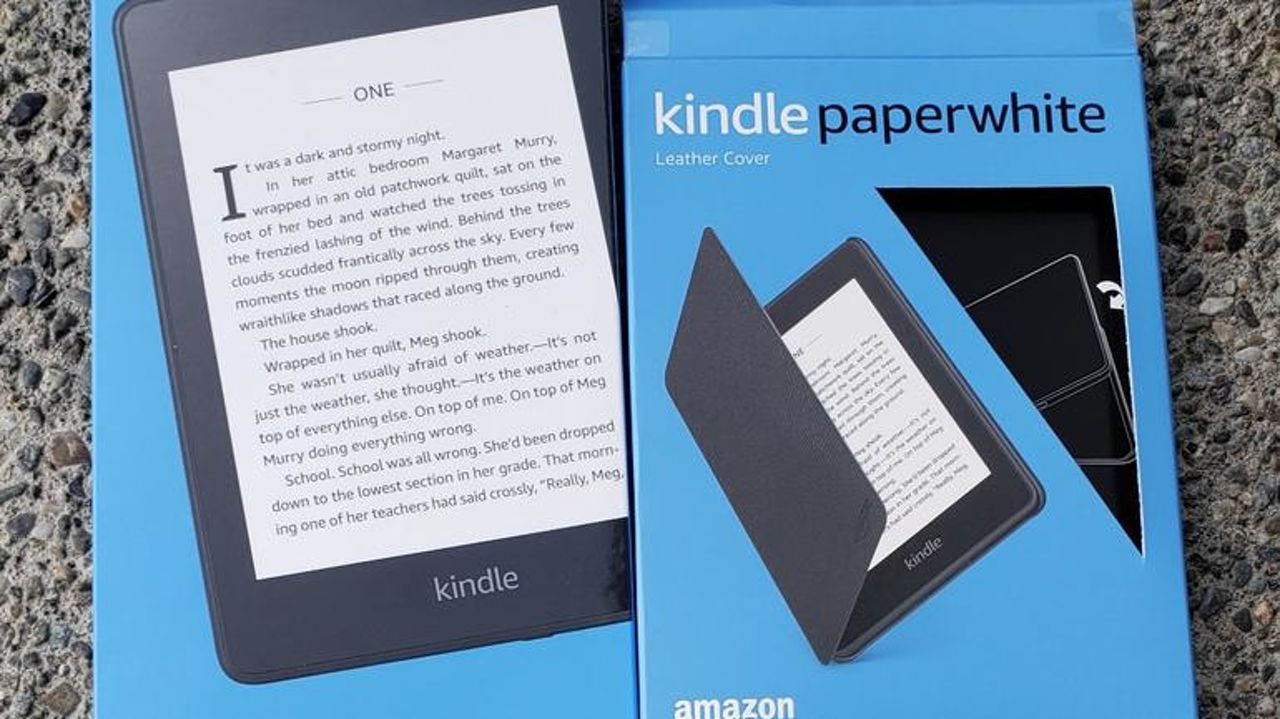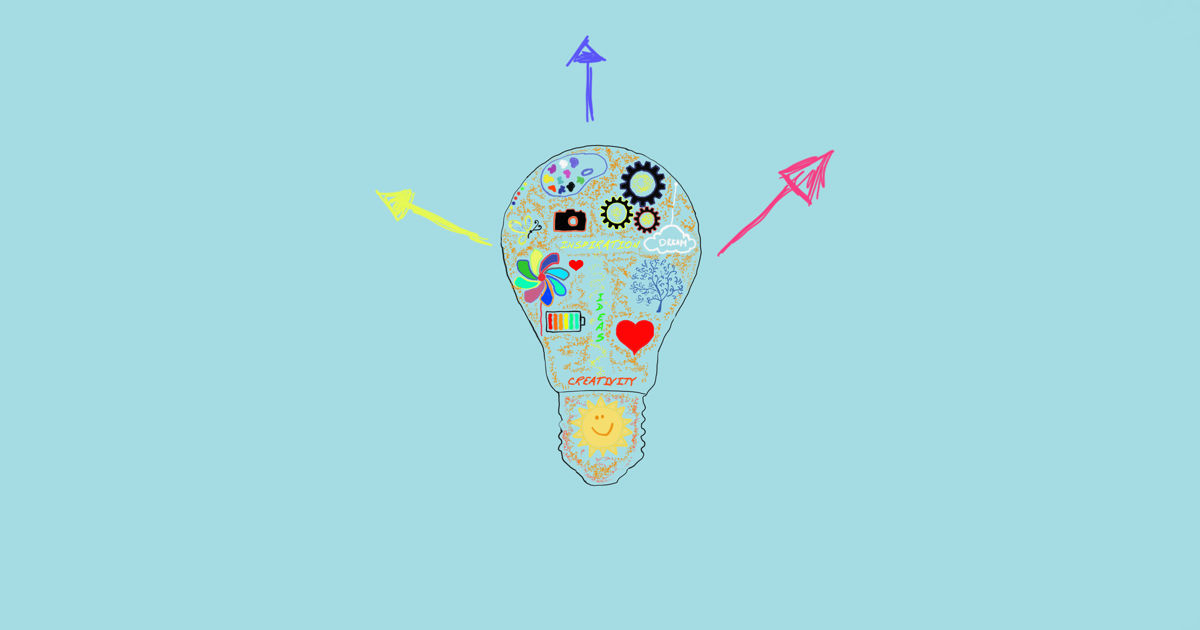Value-centric strategies are often a marketer's first choice in times of crisis. Understandable. These well-trodden strategies can feel safe and reliable when everything else doesn't... in the short term that is.
Brands that seize this opportunity to innovate will emerge stronger when we reach the other side.
However, brands' considerations need to go beyond the here and now to ensure long term business growth and differentiation. And, according to our proprietary BAV research, that means focusing on innovation. Both big and small shifts help brands redefine their connections with people and deepen emotional engagement, particularly in times of uncertainty.
So, as we face the most significant consumer behaviour change of our lifetime, the brands that seize this opportunity to innovate will emerge stronger when we reach the other side.

Above: Alibaba embraced innovation during the SARS crisis in the early 2000s.
It's not innovation for innovation's sake, it's innovation that genuinely responds to a changing human need and behaviour, creating connections and positive brand perceptions. For sports fans, it's like passing the ball into space instead of to the player. Watch out for retail, education, gaming and health industries to accelerating their transformation, or being completely disrupted.
During the last major financial crash, Amazon invested in product innovation and launched the Kindle, a low-cost alternative to tablets.
The e-commerce giant Alibaba relied on innovation when SARS hit China in the early 2000s. At the time they were primarily known as a B2B commerce site but, during the outbreak, they invested in consumer-facing technology, launched TaoBao, and pivoted the core of their business from B2B to B2C to speed up the adoption of online commerce for consumers. And in the last few months, Alibaba has increased its consumer focus by offering one-hour delivery to their customer’s phone location, wherever they are.
Brands and businesses all over the world will either accelerate or die.
And in 2009, during the last major financial crash, Amazon invested in product innovation and launched the Kindle, a low-cost alternative to tablets. The low price of the Kindle made it accessible to all and reinforced Amazon's positioning as the world's largest and most affordable online retailer. Amazon's focus on innovation boosted both Kindle and Amazon's brand equity.

Above: The Kindle was Amazon's answer to the most recent global financial crisis.
In the face of this unprecedented pandemic, brands and businesses all over the world will either accelerate or die. When 77% of consumers say companies should talk about how they could be helpful in the new everyday life, it couldn't be clearer that it all depends on whether or not brands keep up with new consumer behaviours.
Physical and digital spaces are blending like never before.
With the announcement this week of Epic's Unreal Engine 5 running exclusively on PS5, Sony has turned up the heat on its rivalry with Microsoft's Xbox. A battle worth paying attention to considering that the predicted increase in eSports and online gaming has taken a new boost with our home lives, and that the digital entertainment world is changing the way we socialise, and the way kids are growing up.
Many businesses will reassess the future of their brick and mortar presence.
Meanwhile, physical and digital spaces are blending like never before. Many businesses will reassess the future of their brick and mortar presence based on whether they see their premises as a cost or a competitive advantage. As a very current example, the health industry has been completely disrupted, and the brands and providers who first offered virtual clinics and online pharmacies have established a substantial first-mover advantage.
Being seen as innovative also comes with a vast range of benefits (as well as pressure).
With 62% of consumers globally saying they trust private companies more than the government to take care of their needs, there's a lot the health sector can gain from adapting to the current consumer behavioural shifts and bringing medical and health experience direct to everyone’s home and phone. Being seen as innovative also comes with a vast range of benefits (as well as pressure) for a brand. Looking at the top 100 most innovative brands on BAV - which include brands such as Fitbit, Amazon Echo, Airbnb, Netflix, Spotify and PayPal - they typically have 72% greater 'brand strength' and are 56% more 'emotionally connected'.

Above: An example of the Epic Unreal Engine 5's power.
The success of our BAV top 100 most innovative brands is not necessary in big, bold innovations, but often in how they have changed the way they think, feel and behave. They've enhanced our lives when we most need it and created lasting connections and experiences.
During uncertain times brands can become risk-averse, but they should be taking risks... so they can then better connect with an equally changing consumer mindset.
Since 2006, Google has disrupted the traditional education world and accelerated online schooling with G Suite for Education. In March, the tech giant gave free access to Google Meet's advanced video-conferencing services to all G Suite for Education accounts (and G Suite!). And earlier this month, they were reportedly adding three million new users every day to Google Meet. The free version surely explains this impressive momentum, but this re-focus on Google Meet will build engagement and differentiation beyond now.
Brands who stop thinking about how to create new emotional connections with their customers... will undermine their future growth potential.
During uncertain times brands can become risk-averse, but they should be taking risks on challenging the way they do things to date, so they can then better connect with an equally changing consumer mindset. Brands who stop thinking about how to create new emotional connections with their customers, or choose not to consistently invest through innovation, will undermine their future growth potential once the market rebounds. Innovation will give them the right to play and the chance to win.
Adversity is a great time to build a business.
)




 + membership
+ membership








